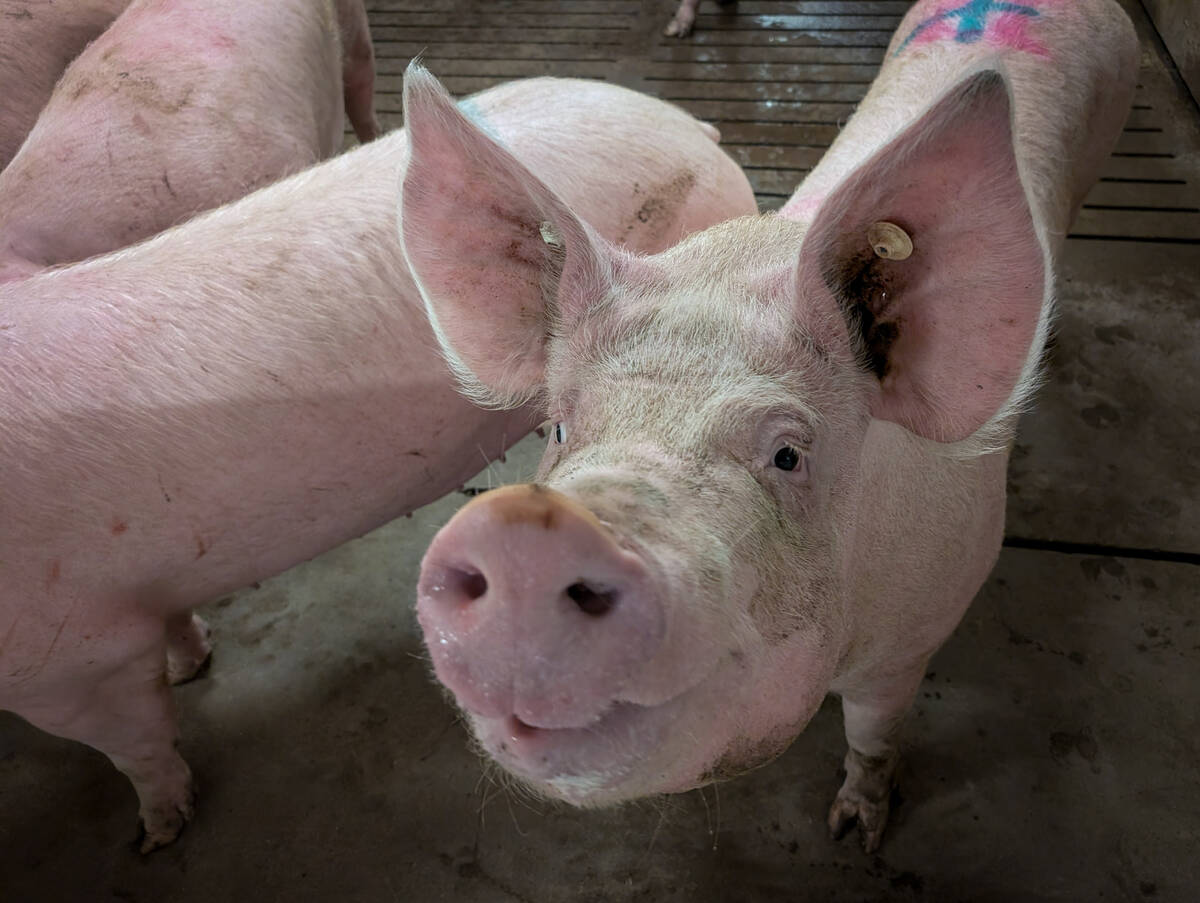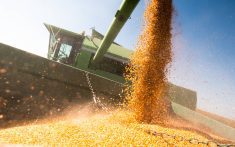Winnipeg | Reuters — China has agreed to resume imports of Canadian canola meal from Richardson International, the first from Canada in about a year, a Richardson official said Friday.
The Chinese government agreed several weeks ago to resume imports of canola meal and canola meal pellets from privately-held Richardson, said Adrian Man, assistant vice-president of Asia Pacific for the Winnipeg-based company.
China started a new registration process in early 2013 that required approval of each individual Canadian company that wanted to export canola meal and canola meal pellets, Man said, adding he thinks Richardson is the only approved company so far.
Read Also

Spain detects first swine fever cases outside initial Barcelona outbreak zone
Two African swine fever cases have been detected in Spain among wild boar for the first time outside an original outbreak area near Barcelona, prompting additional restrictions on the movement of people and livestock, regional authorities in Catalonia said on Friday.
Bunge, Archer Daniels Midland, Cargill, Viterra and Louis Dreyfus also produce canola meal in Canada.
ADM and Viterra could not immediately comment and other crushers could not be reached.
“Any time that you have a restriction to import, it’s affected the market,” Man said. “From a trade policy point of view, it’s important (to lift the restriction), and it’s important for the market.”
Canola is crushed for vegetable oil and meal; the meal is used mainly to feed pigs, poultry, cattle and other animals.
Chinese buyers imported 303,000 tonnes of Canadian canola meal in 2012, according to the Canola Council of Canada. The U.S. is by far the biggest importer of Canadian canola meal. [Related story]
Chinese market analyst JC Intelligence Co. also said in a letter to clients, seen by Reuters, that China is again accepting Canadian canola meal, but it would have little impact on the Chinese market in the near term because of high Canadian prices and shipping delays.
Richardson will not likely move canola meal to China soon because of a massive backlog in transporting crops by rail to port, Man said.
The logjam and a huge harvest have pushed nearby ICE Futures Canada canola futures down about 25 per cent from a year ago, although they have partly recovered in the past month. Access to China may also top up Canadian crush margins, a measure of profitability for crushers, who are already benefiting from margins four or five times higher than a year ago.
China continues to restrict imports of Canadian canola seed with the common fungal disease blackleg to crushing plants that are situated away from China’s main growing areas of rapeseed, a close cousin of canola.
— Rod Nickel is a Reuters correspondent based in Winnipeg. Additional reporting for Reuters by Christine Stebbins in Chicago.














